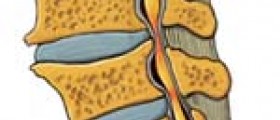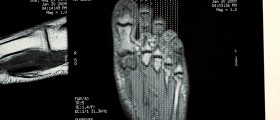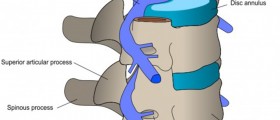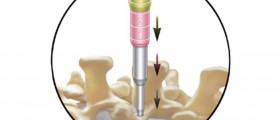My husband had Cervical Spinal Decompressions surgery May 15, 2019. After six weeks he was good, driving to store, doctor and everything was looking good! Then, he started going downhill and he had right side numbness and could no longer drive his car. First the surgeon said he was right on target; however, at our Government Job, our position is only safe for six months, so my husband asked his own doctor for help him improve so his job would not be in jeopardy. I guess his doctor spoke to his surgeon and he did another MRI. The news was not good, because my husband nerves were so decompressed for such a long time, when the spinal fluid starting to flow it put the nerves in shock. His surgeon said he may have this right side numbness for a year to two. I cannot find any information on this, is there any way to get these nerves out of shock?
Loading...
Hello. When nerves are compressed for an extended period, they can indeed become damaged, and when decompression occurs, it can sometimes lead to a period of adjustment and healing that can manifest as numbness, pain, or other neurological symptoms.
It's important to note that nerve healing and recovery can be a slow process, and the timeline can vary significantly from person to person. Here are some general points that might be helpful:
-
Physical Therapy and Rehabilitation: Engaging in physical therapy can be crucial. A physical therapist can help with exercises and techniques to maintain muscle strength and flexibility, which can support nerve recovery.
-
Medications: Certain medications can help manage symptoms related to nerve damage. These can include pain relievers, anti-inflammatory drugs, and medications specifically designed to treat nerve pain.
-
Regular Monitoring and Follow-Up: Regular follow-up appointments with the surgeon and a neurologist can help monitor the progress of nerve recovery. They can also adjust the treatment plan as needed.
-
Healthy Lifestyle Choices: Maintaining a healthy lifestyle, including a balanced diet and avoiding smoking, can support nerve health and overall recovery.
-
Patience and Emotional Support: Recovery from nerve damage can be slow and sometimes frustrating. Emotional support and counseling can be beneficial for both your husband and you as you navigate this challenging time.
-
Exploring Alternative Therapies: In some cases, alternative therapies like acupuncture or massage therapy may provide some relief, although their effectiveness can vary.
It's critical to continue working closely with your husband's healthcare team. They are best equipped to provide specific advice and treatment options based on his unique situation. If you're looking for more information or a second opinion, consulting a neurologist who specializes in spinal cord injuries or a rehabilitation specialist might be beneficial.
Loading...
















